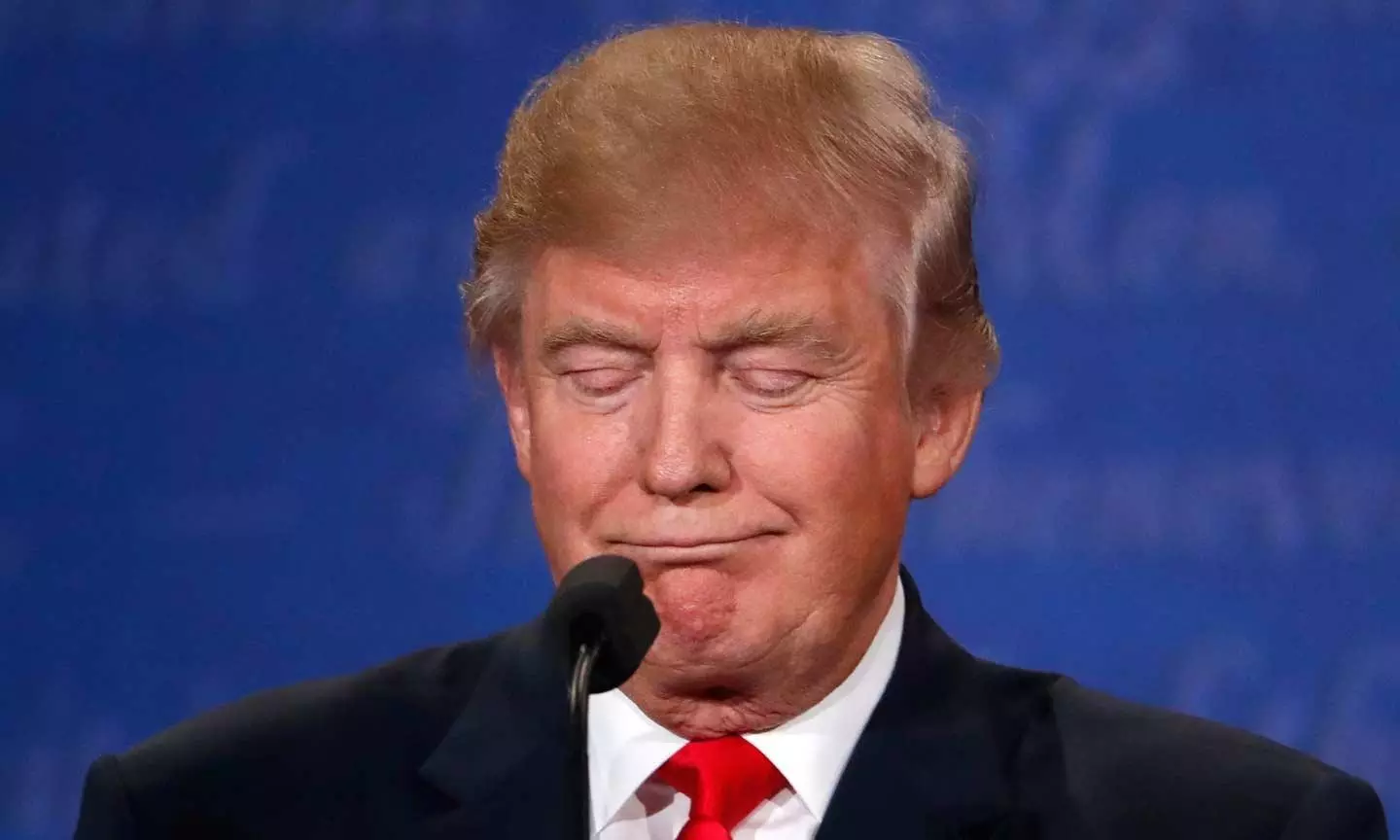
Democrats sue Trump over controversial election reforms, talk of third term sparks debate
text_fieldsReuters photo.
U.S. President Donald Trump has stirred political tensions by signing a sweeping executive order titled “Preserving and Protecting the Integrity of American Elections” on March 25.
He described it as “the farthest-reaching executive action ever taken.”
The move aims to overhaul America’s voting system under the justification of preventing “widespread rigging.”
The executive order mandates stricter requirements for voter registration, including the submission of documents proving U.S. citizenship. It also places new restrictions on the counting of mail-in ballots that arrive after Election Day.
The Democratic Party, along with advocacy groups like the Campaign Legal Center, has responded by filing a lawsuit in a Washington court, arguing that the president has overstepped his authority. “The President does not get to dictate the rules of our elections,” the lawsuit asserts, criticising the changes as “radical” and a threat to voter participation.
The legal challenge, supported by figures like Senate Minority Leader Chuck Schumer and House Minority Leader Hakeem Jeffries, highlights concerns that the reforms could disenfranchise millions of voters. Legal experts backing the lawsuit describe Trump’s order as an “abuse of power” that undermines established election processes.
Trump has consistently questioned the legitimacy of the 2020 presidential election, claiming widespread fraud, particularly involving absentee voting. His recent executive order is seen by critics as part of a broader effort to reshape the electoral landscape.
While the order makes no mention of altering presidential term limits, Trump has also sparked controversy by suggesting he may seek a third term in office.
In an interview with NBC News, Trump insisted he was “not joking” about the possibility, though he admitted it was “far too early to think about it.”
The U.S. Constitution’s 22nd Amendment, ratified in 1951, limits presidents to two terms. To pursue a third term, Trump’s party would need to amend the Constitution, requiring a two-thirds majority in both houses of Congress and approval from three-fourths of the 50 states - a formidable political hurdle.
Some of Trump’s allies have hinted at the idea of extending his presidency beyond 2028. Trump, who would be 82 at the end of another potential term, remains undeterred by the legal and political obstacles.
The precedent of serving two terms was established by George Washington in 1797, but it was only formalised with the passage of the 22nd Amendment after Franklin D. Roosevelt was elected to four consecutive terms during the Great Depression and World War II.
Other presidents, such as Ulysses S. Grant and Theodore Roosevelt, attempted to secure a third term but were unsuccessful.






















